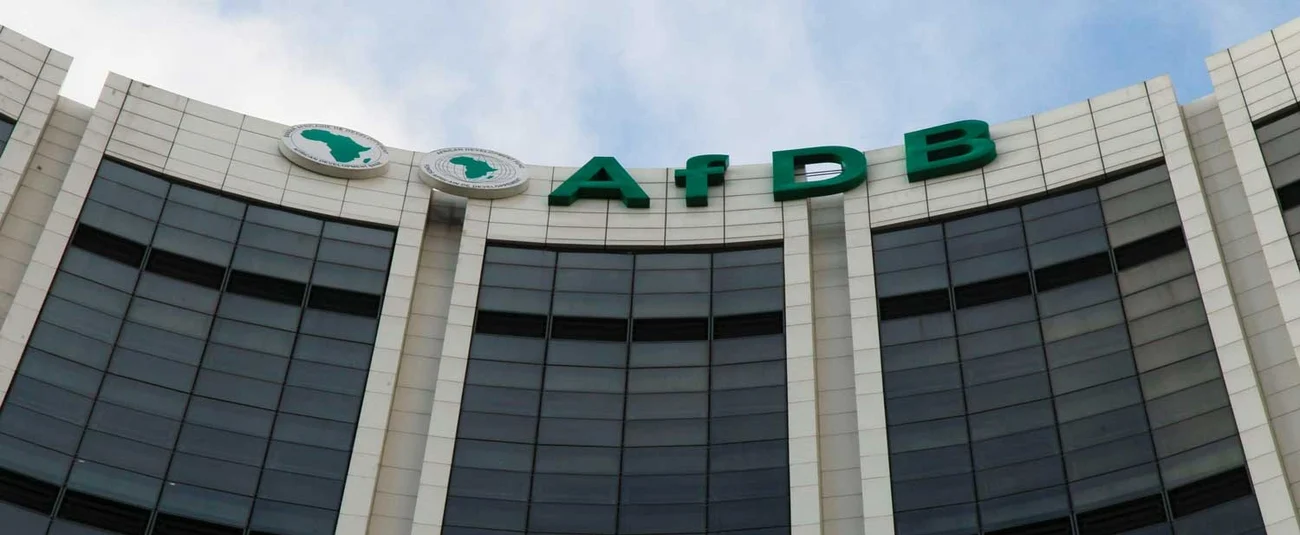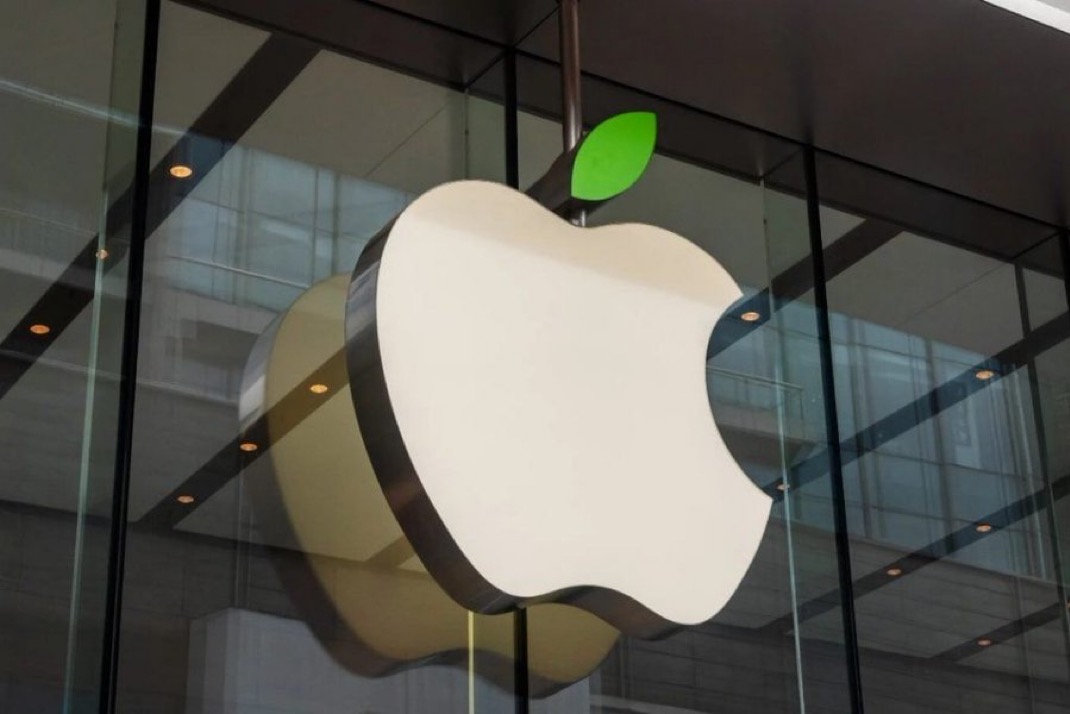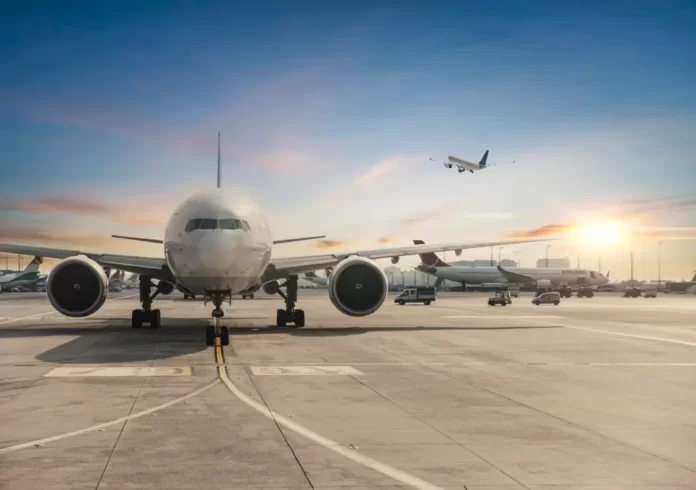The Chairman of Dangote Group, has seen his wealth significantly increase following the launch of his long-awaited Nigerian oil refinery, now valued at $27.8 billion according to the Bloomberg Billionaires Index.
However, despite this financial success, Dangote’s demeanor suggests concerns about the operation’s challenges. Dangote told Bloomberg that he wouldn’t wish the experience on his worst enemy.
The Dangote Refinery, located at Ibeju-Lekki, Lagos, is the largest single-train oil refinery in the world and one of the most complex facilities, capable of processing a wide variety of global crude types.
The refinery, which was expected to transform Nigeria’s economy by making the country self-reliant in fuel production, has, however, not met the high expectations of Nigerians.
“I didn’t know what we were building was a monster,” Dangote, 67, said during a recent visit to New York. “The pressure was coming from different directions, people confusing us, disturbing us every day with different media stories that it will never work, it will never work, it will never work.”
Since the refinery began operations in January, there have been ongoing disagreements with the government and the state oil company.
Dangote has been feeling the backlash, as his tone shifts from optimistic to frustrated while addressing these challenges.
For Dangote, who first amassed his billions in the cement industry, the refinery represents the most ambitious project of his 46-year career.
The construction took 11 years and cost $20 billion—three-and-a-half times longer and more than twice the initial budget. Notably, he financed the majority of the project himself.
The original site for the refinery was abandoned after four years of disputes with local officials over land issues.
Dangote relocated the project to Lagos State, where he faced further resistance from residents who were being displaced, with some still reportedly awaiting full compensation.
Two years into construction, the COVID-19 pandemic struck, causing some suppliers to go bankrupt and leading to a lockdown that required all workers to stay on-site.
During this time, Dangote said he was paying $50 million to $60 million annually in interest on a $5.5 billion loan from a consortium of Nigerian banks.
Despite these challenges, Dangote aimed to tackle Nigeria’s economic paradox: while the country is Africa’s largest oil producer, it has a severe shortage of functioning domestic refineries. As a result, Nigeria exports its crude, refines it abroad, and then re-imports it as fuel, creating an inefficient cycle.
However, when the refinery opened earlier this year, it had to source crude from overseas, increasing costs because much of Nigeria’s output was tied up in long-term contracts.
This situation underscores the difficulties of achieving profitability in a country grappling with a declining currency, a history of fuel subsidies, and high refining costs. Negotiations with the government and the state-owned Nigerian National Petroleum Corporation regarding foreign-exchange rates, crude supply, and petrol prices—crucial factors for Dangote’s profitability—have at times been contentious.











